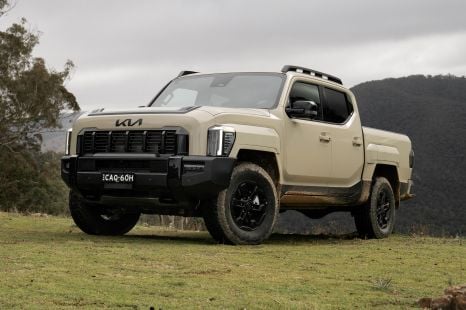

Josh Nevett
3 Days Ago

Contributor
Honda Australia’s controversial decision to move to non-negotiable pricing in mid-2021 triggered a rapid sales slide, but the carmaker says the approach is still working well.
In July 2021, Honda moved to what’s called an agency model, where it owns the stock at dealerships instead of selling vehicles to dealers. It also has fixed pricing nationwide.
The brand subsequently posted its two weakest sales years on record in Australia, dropping from 29,040 vehicles sold in 2020 (the last full year before going non-negotiable) to 14,215 sales in 2022, and 13,734 sales in 2023.
Honda has recorded an 18.9 per cent increase in sales in the first quarter of 2024 compared to the same period last year, reporting 4683 cars as sold in Australia.
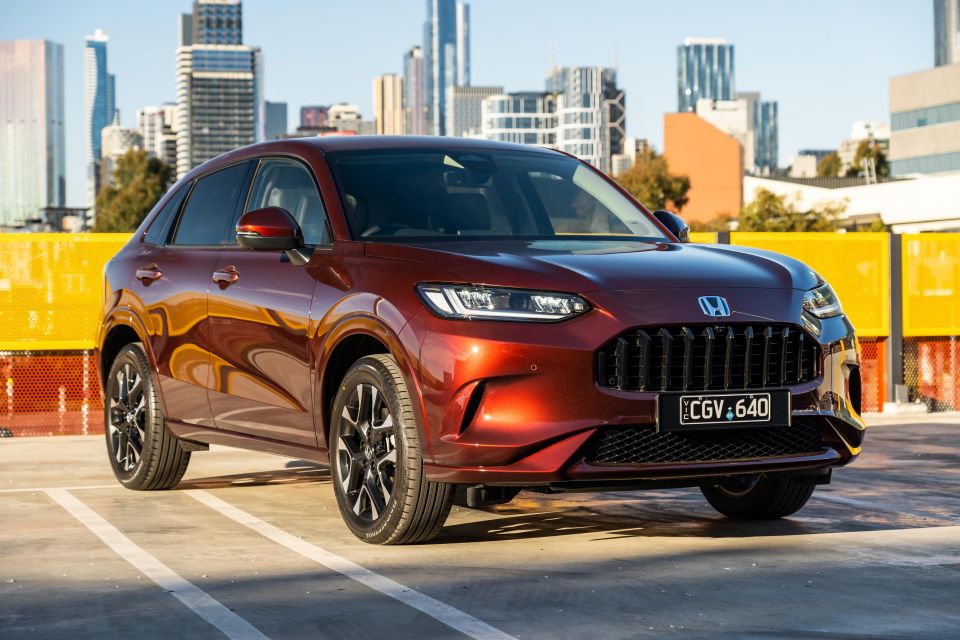
However, this is largely attributable to the arrival of the ZR-V SUV, which wasn’t yet on sale in the first quarter of 2023.
While the fixed price model has been criticised for the resulting sheer drop in the brand’s volume of sales, Honda Australia director Carolyn McMahon says the carmaker is still in a strong position with no plans to return to negotiable prices and franchises.
“[The] agency [model] continues to work well for us. Our Honda Centres are loving it,” Ms McMahon said at the Australian launch of the new Accord.
“Our Honda Centres are enjoying some of the benefits of agency [model] with interest rate increases, floor plan costs many of the players in the industry are having to deal with at the moment.

“They’re quite happy with the fact that they don’t have to hold the inventory and that’s now a Honda responsibility.
“One of the reasons we changed our business model was really because if we didn’t, the survival of the franchise was under a big question and the profitability of our business partners is key as well.
“During COVID years they had a sugar hit and the industry has done very, very well. But we are seeing very quickly they’re starting to come down and we think the original design of our system will come more into play.”
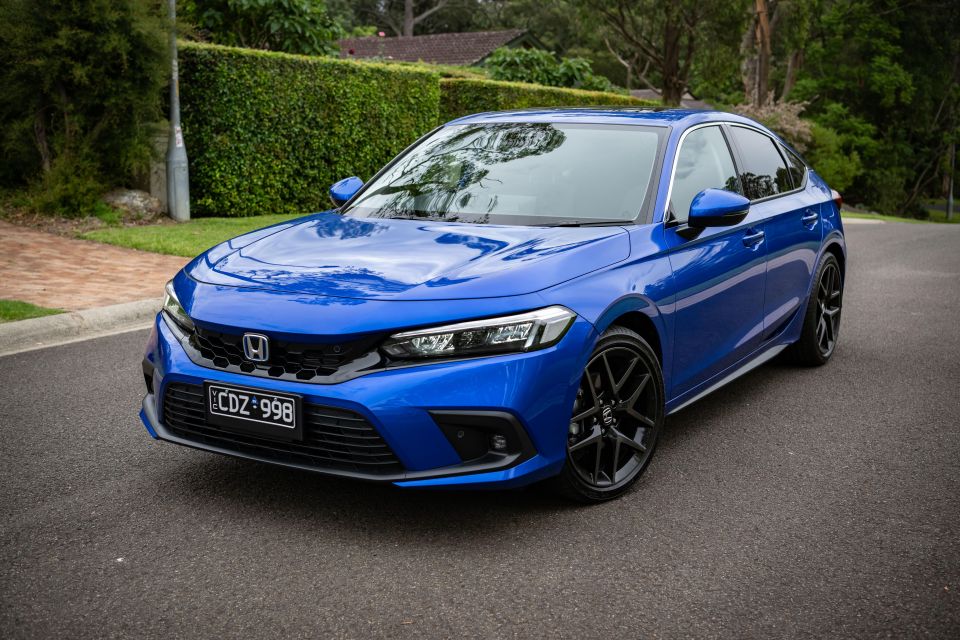
With the rising cost of living also affecting the car industry, Honda sees itself as a protector of its dealers, given it wears the fluctuating costs rather than the owners of a franchise.
“There’s a lot of financial cost pressure on dealerships at the moment. So working really closely together, our Honda Centres see that as a major advantage to the model,
“Our stock inventory management is under constant monitoring [about] how we can be efficient and effective at our stock management.
“Over the last few years under this new model, we’re constantly learning and we’re constantly adapting and tweaking our internal processes systems. So we have a pretty robust inventory and cash management operation going on.”
Honda’s move to a fixed-price agency model was followed by Mercedes-Benz in 2022, with the latter’s passenger car sales dropping from 28,348 in 2021 to 24,315 in 2023.
CarExpert does the hard work to get you the best price. No negotiating, no hidden costs, just expert help and real savings on your next new car.
Born and raised in Canberra, Jordan has worked as a full-time automotive journalist since 2021, being one of the most-published automotive news writers in Australia before joining CarExpert in 2024.


Josh Nevett
3 Days Ago
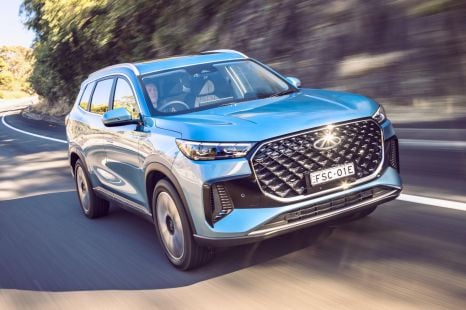

Max Davies
3 Days Ago
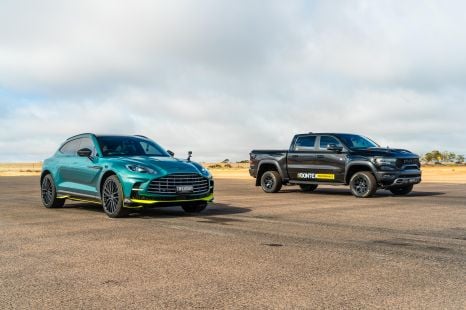

Paul Maric
2 Days Ago
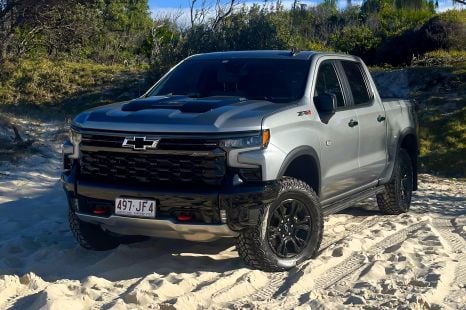

William Stopford
2 Days Ago


Marton Pettendy
2 Days Ago
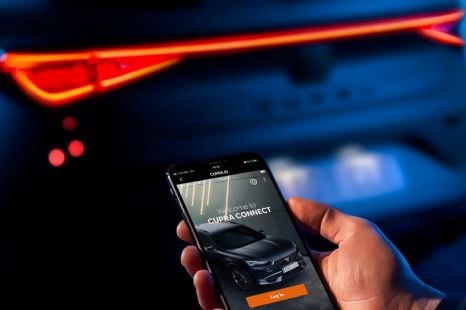

James Wong
2 Days Ago
Suggested Comparisons